Here you’ll learn how to make a tasty cassava / yuca juice. Also, its benefits and warnings.
Do you want to try this recipe at home?
Where do we start?
Tools
- A knife.
- Pot and strainer.
- A blender.
- Large cup or glass.
- Vegetable peeler (optional).
Ingredients

- A piece (about 100 g) of edible cassava, also known as yuca, yucca or manioc.
- 1 cup (250 ml) of water or milk.
Recipe: Yuca juice with water or milk
Here’s the step by step.
- Start by peeling the tuber with a knife or vegetable peeler. Do it in the opposite direction of the body and hands so as not to cut yourself.
- Then, rinse it, cut it longitudinally (along the food) and remove the central vein / woody flesh or core.
- Soak the food for 1 hour and strain it.
- Then, put the cassava in a pot full of water and boil it for about 25 minutes or until the tuber is soft and ready to eat.
- Strain again and let cool.
- Finally, blend the cooked cassava with 1 cup of water or milk for a few seconds until smooth. If necessary, add a little more water and blend again.
That’s all! Now you know how to prepare this great juice.
Important: Soaking and cooking are essential to avoid dangerous substances from the tuber. Read more about this below.
What’s cassava juice good for? – Main benefits
Among its main benefits, cooked cassava is loaded with:
- Carbohydrates: about 40% of its weight.
- Calories: 191 kcal per 100 g.
- Fiber: 1.9 g per 100 g.
- Potassium: 282 mg each 100 g.
- Vitamin C: 18.2 mg each 100 g.
Considering the above, the moderate and regular consumption of this drink may:
- Help in diets for weight gain and / or athletes. Those interested in reaching a calorie surplus may benefit from the high calories in this drink (especially if it’s made with milk instead of water). Also, its carbohydrates are a source of energy for the body.
- Cleanse the body and improve digestive health. To a large extent, due to its fiber and water.
- Prevent circulatory disorders. Essentially, due to its combination of fiber, water, potassium and antioxidants (such as vitamin C).
- Help prevent certain diseases. Its vitamin C, water, other antioxidants and more nutrients may boost immune defenses.
To learn more, visit our sections on weight gain, detox, constipation, circulation and boosting defenses.
Is cassava juice useful for treating gastritis?
Its vitamin C could fight the harmful effects of the H. pylori bacterium, responsible for about 90% of cases of gastritis (inflammation of the stomach lining).
Anyway, this condition is usually treated by taking medications with prior medical indication. These usually include antacids and antibiotics, among others.
Learn more in our post on gastritis.
Is it safe to drink bitter yucca juice? – Differences with the sweet one and warnings
In short, it’s not advisable to eat bitter cassava.
Both bitter and sweet cassava are naturally harmful to the body. This is because they contain substances (cyanogenic glycosides) that may release cyanide into the body, which’s toxic. The main difference is that the sweet one has a significantly lower concentration of these substances than the bitter one. Additionally, cooking and soaking help to remove these harmful compounds.
Therefore, we suggest that you always choose sweet cassava, soak it, cook it, don’t overeat it and never eat it raw.


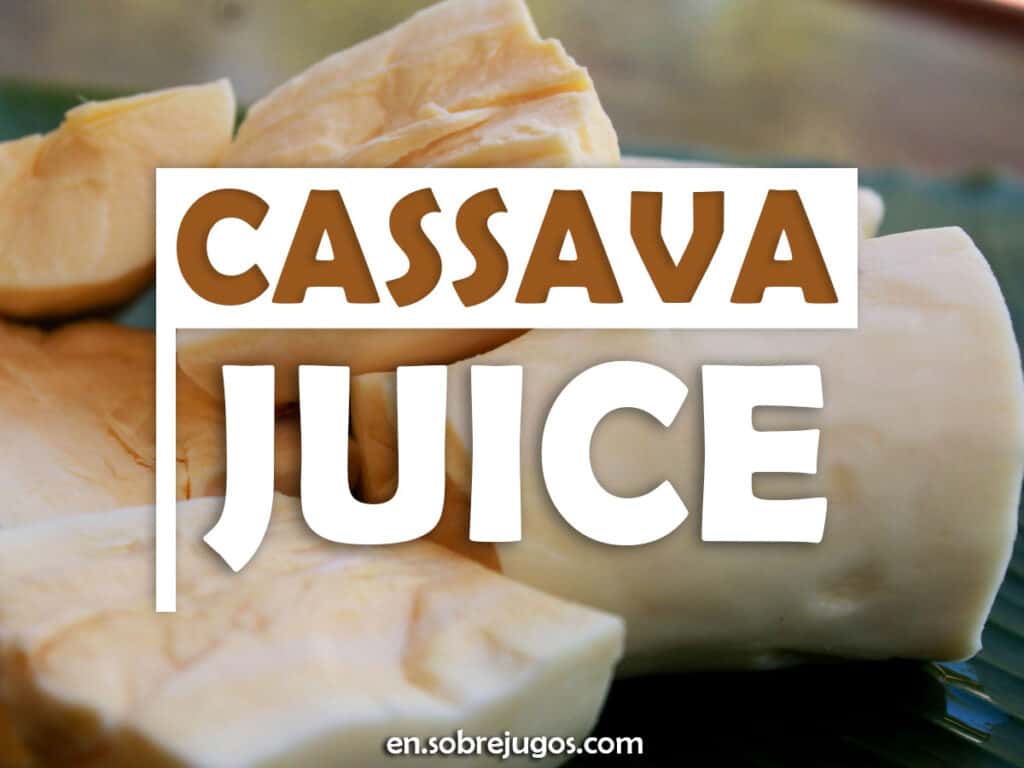

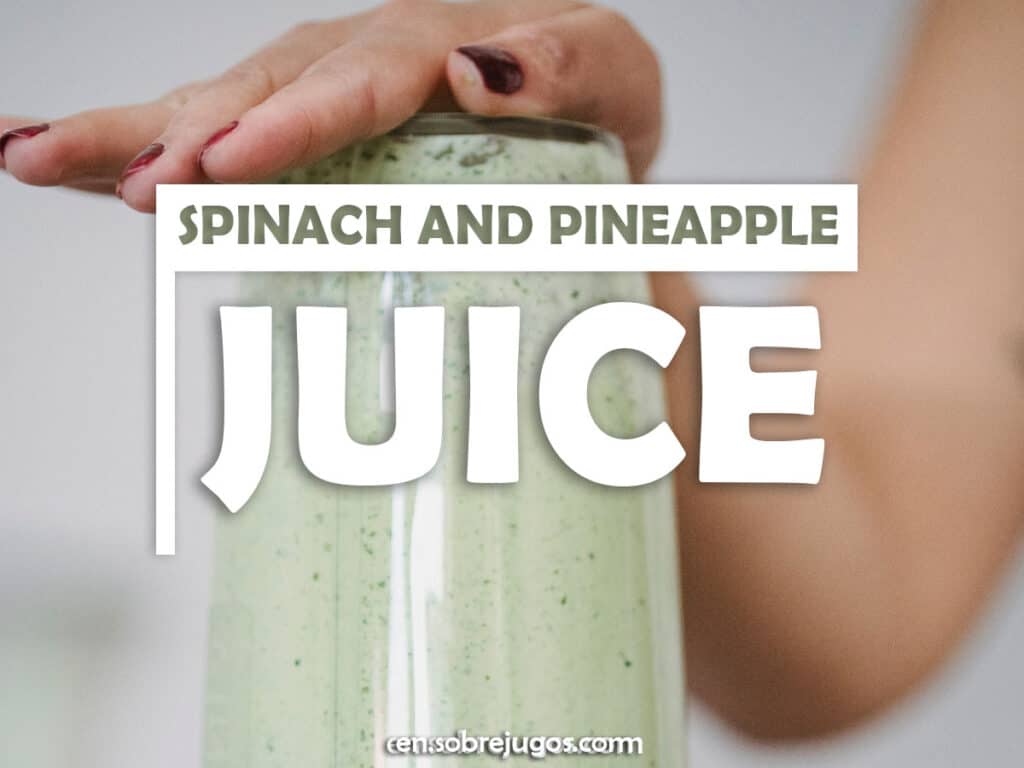
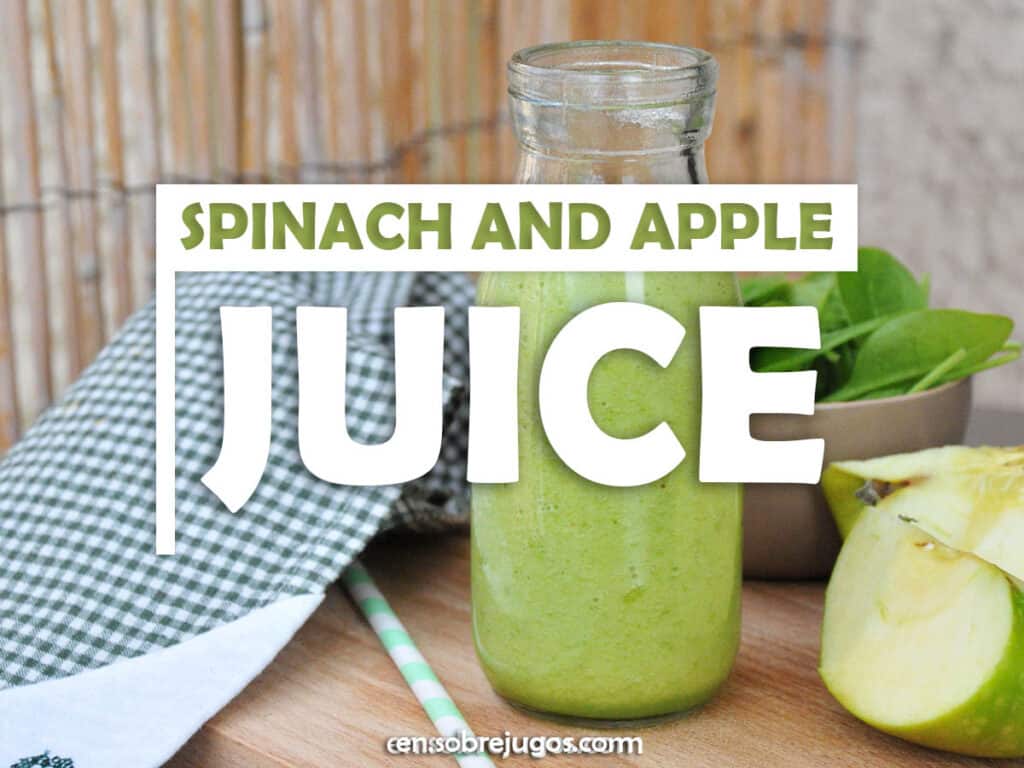
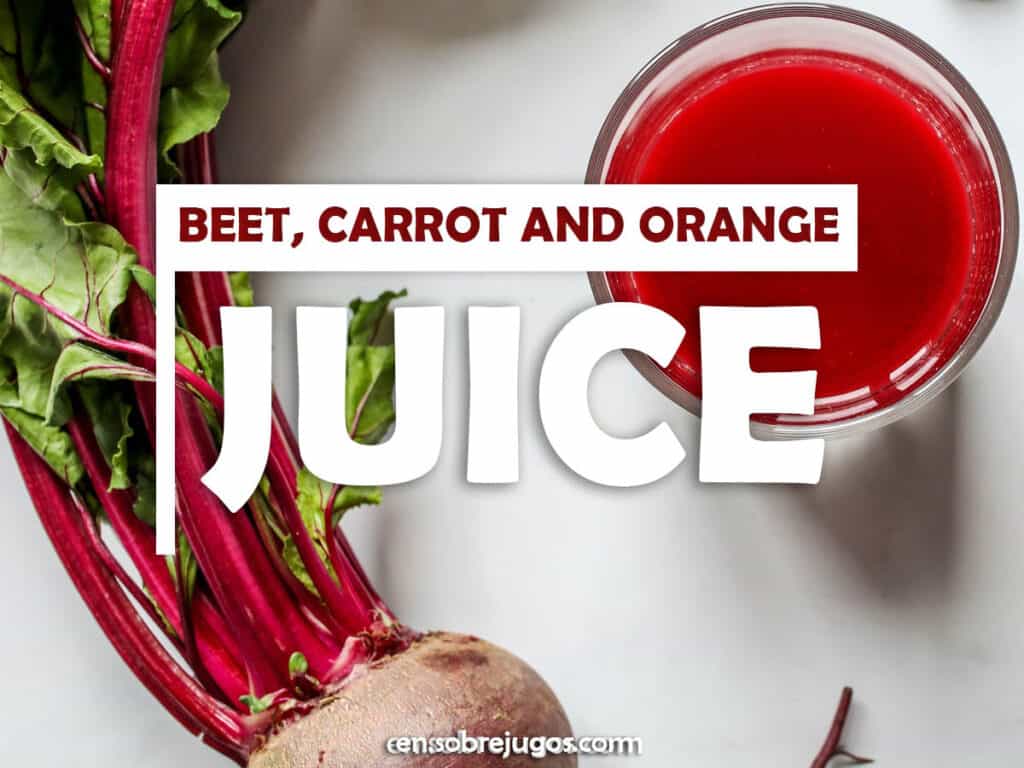
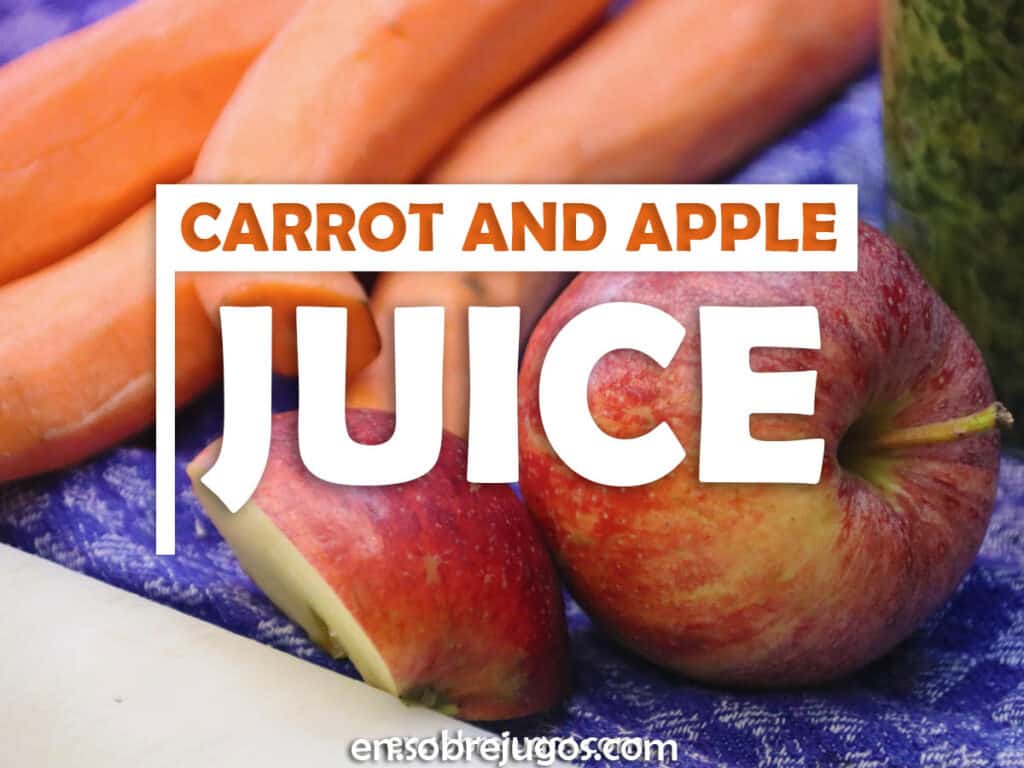

Want to know when we upload new content?
Enter your email address here to get notified.